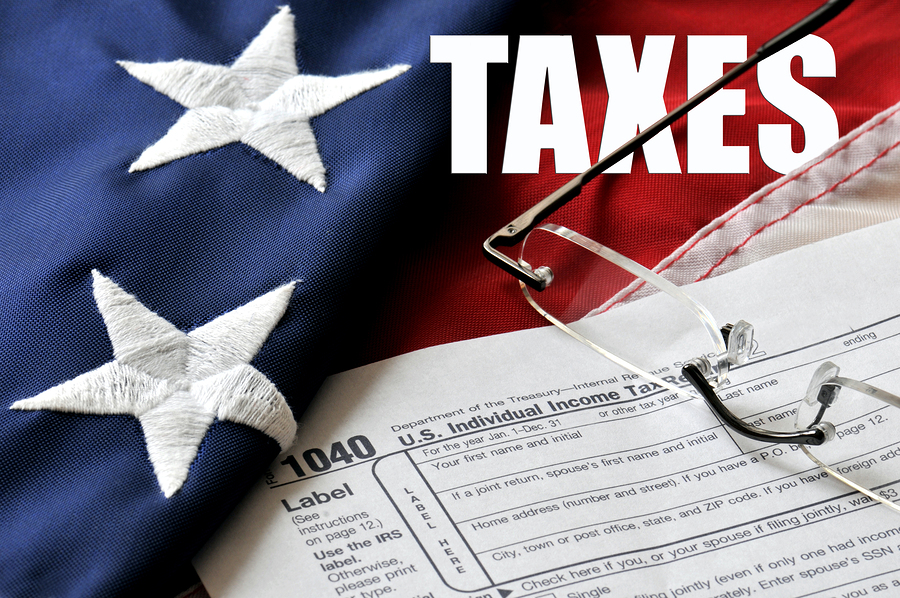The United States currently maintains the highest corporate tax rate in the world – upwards of 35 percent – but critics say that businesses are finding ways to circumvent paying those taxes. This is why many present the case that the tax system needs to be reformed – proponents concur but argue taxes need to be reduced.
A corporation avoiding paying taxes is a problem, says Larry Summers, former Treasury Secretary and Obama administration official. The Harvard economist spoke with the New York Times and warned that the future of taxation at the federal and state level is at risk if something is not done immediately.
“A combination of greater economic integration and more income accruing to intangibles like intellectual property, which by nature are hard to locate, does raise profound questions for the future of taxation,” stated Summers. “It is a significant problem for the revenue capacity of states and an immense problem for their capacity to maintain progressive taxation.”

In other words, according to Summers, the affluent having the know-how to minimize their personal tax burdens represents a much bigger problem in the U.S. today because it’ll eventually overburden the working people.
“Consider a superstar banker, an enormously valuable pharmaceutical patent, a terrific entertainer, an assembly line worker and a teacher. Of all those things, which is the least mobile?” he asked. “A tax system that can’t reach the mobile is a tax system that is going to burden working people.”
Economist Stephen Moore disagrees, who averred this past summer that the corporate tax rate needs to be lowered because it’s pushing corporations out of the country, hence why a growing number of companies and wealthy individuals are renouncing their citizenship at record highs.
Moore suggested that policymakers need to grasp that the U.S. maintains the highest corporate tax rate in the world and that it’s contributing to many of the factors that the general public dislikes, such as outsourcing of jobs.
“It’s sending jobs overseas to countries like Singapore and countries like Taiwan and countries like Indonesia and Switzerland and other countries that have lower rates because tax rates matter and investment flows to those countries on balance that have lower tax rates,” Moore told Newsmax.
Over the past year, there has been a push in Washington to move forward with a new deal that would change the corporate tax rate. Last summer, President Obama told Republicans that he would support a cut in corporate tax rates – 28 percent for corporations and 25 percent for manufacturing firms – if the GOP would vote for public programs that would generate middle-class jobs.
Although corporate tax rates remain an important issue in Washington, corporate inversion deals are creating a bigger headache for the administration as the president views it as “unpatriotic.”
We reported last month that Treasury Secretary Jack Lew issued a few regulations that would deter inversions, including making it harder to avoid paying U.S. taxes on foreign earnings and making it a lot more difficult to use cash that had been accumulated abroad.
“This action will significantly diminish the ability of inverted companies to escape U.S. taxation,” Lew told reporters on a conference call. “For some companies considering deals, today’s action will mean that inversions no longer make economic sense.”




